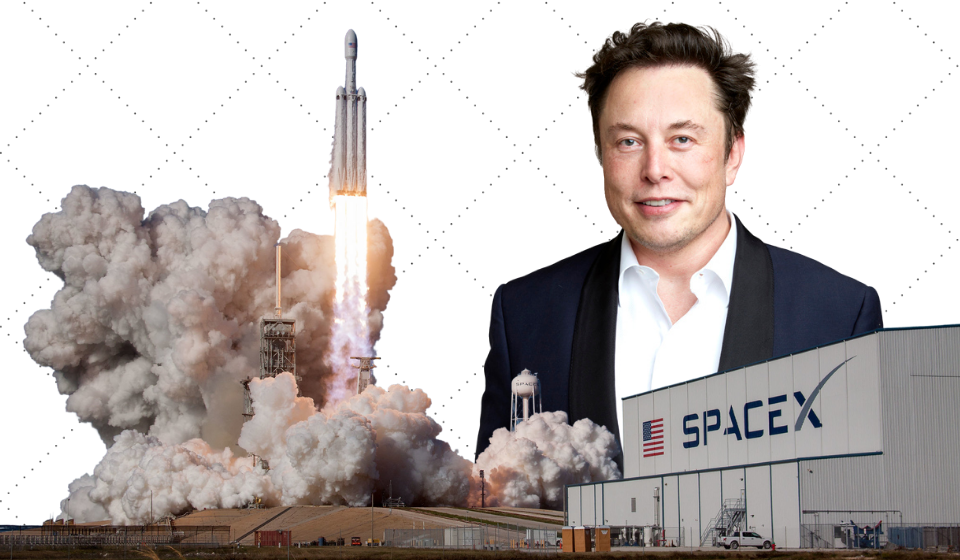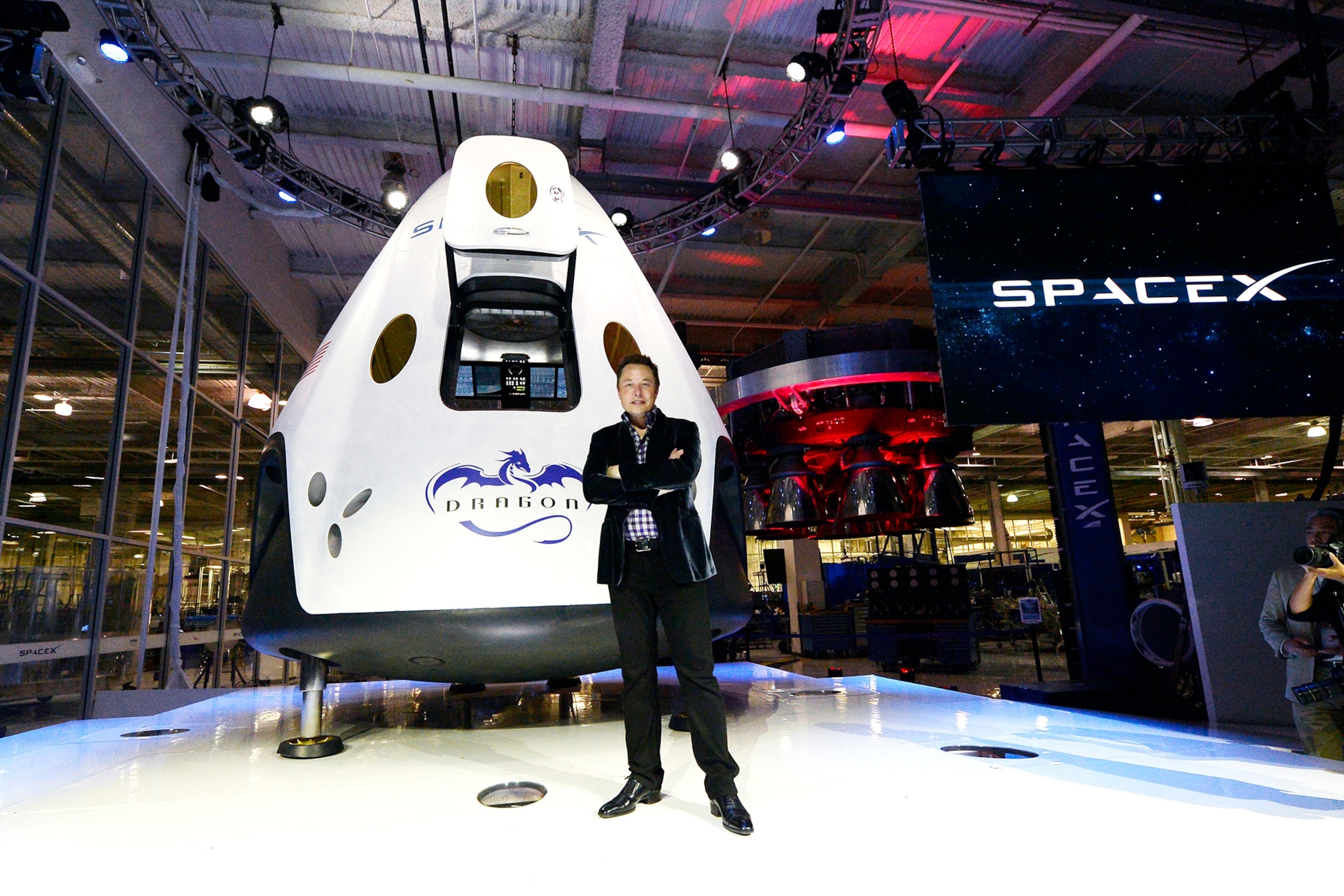Elon Musk's recent advancements with SpaceX, particularly the successful test flight of the Starship rocket, have been hailed as a pivotal moment in space exploration. As Musk pushes the boundaries of what is possible in aerospace technology, his efforts are drawing attention to a new era that contrasts sharply with traditional space agencies like NASA.
The Significance of the Starship Test Flight
During a recent launch from SpaceX's Boca Chica site in Texas, the Starship rocket achieved historic milestones. This test flight involved a reusable booster that not only lifted off but also returned to land successfully, showcasing a groundbreaking recovery method using large robotic arms. The Starship itself later landed accurately in the Indian Ocean, marking a significant achievement in reusable rocket technology.
Stuart Varney from Fox Business remarked on the event’s importance, stating, “It is the most significant space development since the 1960s.” He emphasized that Musk's vision of colonizing Mars is becoming increasingly tangible with each successful mission. This kind of innovation is something that has often been stymied by bureaucratic processes within government agencies.
Read more: Elon Musk Faces Accusations of Copying Designs for New Robots from Hollywood Director
A Shift from Government to Private Enterprise
Musk's approach contrasts sharply with NASA’s traditional methods. While NASA has made significant contributions to space exploration, it often operates within a framework of regulations and funding limitations that can slow progress. In contrast, Musk's private enterprise model allows for rapid innovation and risk-taking. Varney noted, “This is all private enterprise... The government got out of the way.”
Musk’s willingness to invest his own resources into SpaceX has also been a game-changer. His financial backing allows for ambitious projects that might not receive immediate government support. This independence fosters an environment where groundbreaking ideas can flourish without bureaucratic red tape.
Future Implications for Space Exploration
Musk's long-term vision includes sending uncrewed missions to Mars within two years. His plans involve utilizing the Starship for various payloads, potentially revolutionizing how humanity approaches space travel and colonization. This ambition aligns with his goal of making humans a multi-planetary species—a vision he has championed for years.
While NASA continues to work on its Artemis program aimed at returning humans to the Moon by 2026, SpaceX's advancements may redefine timelines and expectations for future exploration missions. The collaboration between NASA and SpaceX, particularly with NASA’s investment in Starship technology for lunar landings, indicates a merging of public and private efforts that could accelerate human presence beyond Earth.
Conclusion
Elon Musk’s recent achievements with SpaceX signal the dawn of a new era in space exploration—one characterized by rapid innovation and bold ambition. As traditional agencies like NASA adapt to this changing landscape, it remains clear that Musk is leading the charge toward exciting possibilities for humanity's future in space. His ability to navigate challenges and push boundaries may well inspire a new generation of explorers eager to reach beyond our planet.



0 Comments